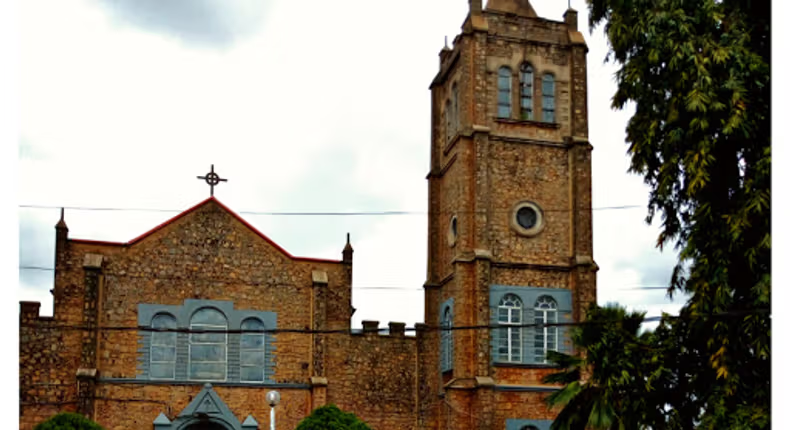Ibadan, the capital of Oyo State, often called the “city of brown roofs,” offers a unique glimpse into Nigeria’s rich history and culture. The city feels like a step back in time, adorned with historic buildings that reflect its dedication to cultural preservation. Here are five of the oldest and most significant structures in Ibadan:
1. Mapo Hall
Mapo Hall is a landmark colonial-style building constructed in 1929 beside Bere Market. Designed by Captain Ross, it features seven iconic columns that symbolize the seven hills of Ibadan. Renovated in 2008, the hall serves as a museum showcasing the city’s history, including portraits of rulers and colonial relics.
2. Cocoa House
Built in 1965 by the Western Region government, Cocoa House stands tall at 26 stories, making it the former tallest building in tropical Africa. Known as “Ile Awon Agbe,” the structure was heavily damaged by fire in 1985 but was rehabilitated in 1992. It now hosts various corporate offices and the Odu’a Historical Museum and Hall of Fame on its penthouse floor.
3. Bower’s Memorial Tower
This iconic tower was unveiled in 1936 and is named after Captain Robert Lister Bower. It stands over sixty feet tall atop Oke Are Hill, offering stunning panoramic views of the city, including landmarks like the University College Hospital and the University of Ibadan. Bower’s Tower features 47 spiral stairs, providing a historical touch to the beautiful landscape of Ibadan.
4. The Cathedral Church of St. David
Founded on April 27, 1853, by German missionary David Hiderer, the Cathedral Church of St. David is the oldest church in Ibadan and possibly in other western states of Nigeria. It has been a cornerstone of the community for over 170 years, run initially with the help of Rev. Daniel Olubi, the first indigenous vicar.
5. St. Peter’s Anglican Cathedral
Established in 1895, St. Peter’s Anglican Cathedral is located in Aremo, Ibadan. This majestic building, made of stone bricks, resembles European cathedrals with its stunning architecture. It stands as one of the oldest Anglican churches in the region, reflecting the city’s historical significance.
Conclusion
Ibadan’s historic buildings are not merely structures; they are vibrant parts of the city’s identity that tell stories of the past. Exploring these sites allows visitors to appreciate the rich heritage and culture of Ibadan, creating lasting memories along the way. Whether you’re a history enthusiast or a casual visitor, the architectural beauty and historical significance of these landmarks are sure to leave a profound impact.

